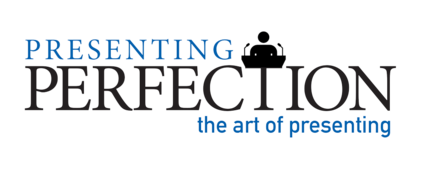“Personal Brand.” A phrase that has become a buzzword in the business and entrepreneurship communities. But what – exactly – is a personal brand? Despite the now common use of the term, getting a handle on what to include –and what to leave out – can be a little tough.
To help clear things up, here’s a quick rundown on the outline of a basic personal brand – with 5 key uses.
- Branding Can Inform
It sounds too obvious: personal branding lets potential customers and clients about you and your business.
In truth, the role of informing the world of everything you and your business offer just might be the most important job of personal branding. For example, if you’re a fishing supply store that also books charters, customers will likely only find out through your overall brand. Most importantly, personal branding is way to separate yourself from others within your industry….
- Branding Can Distinguish
If you’re a dentist, for example, you probably aren’t the only one in town. How can you help people choose your practice over the competition?
Again, branding is critical here. Are you a dentist with a kid-friendly office? Do you specialize in cutting-edge technology? Personal branding lets you tell potential customers how you’re different from everyone else – in other words, why they should come to you.
- Branding Can Organize
Aside from letting people know about all the great things you offer, personal branding can also be helpful for you, the business owner.
Consider the example of the dental practice again. If you’re a dentist who focuses on pediatric care but who can also work with older patients, your branding could help you set priorities of concentration. If your branding leans toward the kid-centric areas of your practice, you’ll probably want to feature information about alternative services in ads and social media posts.
In short, branding helps balance.
- Branding Can Give Context
Aside from just telling people what you do – personal branding can also help answer questions in your customers’ minds about who you are.
Not only does this make for a more intriguing business, it also lends professional credibility for a personal trainer who is also a former professional athlete, personal branding that includes a backstory detailing sporting experience would be essential.
- Branding Can Reach Out
Finally, personal branding is effective and essential for one ultimate reason: it can become the main connection between your business and customers.
For success, you and your business need to be easily identifiable. Just the mention of your name should conjure images of your backstory, unique products, and overall personality. Talk about an impression!
With a curated personal brand – it’s possible.
Trust The Communication Experts
If you need help establishing your own personal branding, improving communication, or even overhauling your business – you need experts you can rely on.
With years of experience in the corporate communication world,Presenting Perfection founder Kathryn Lancioni has the skills and industry know-how your business deserves. Kathryn and her team can work with you to develop branding plans that get results.
Contact Presenting Perfection today!


